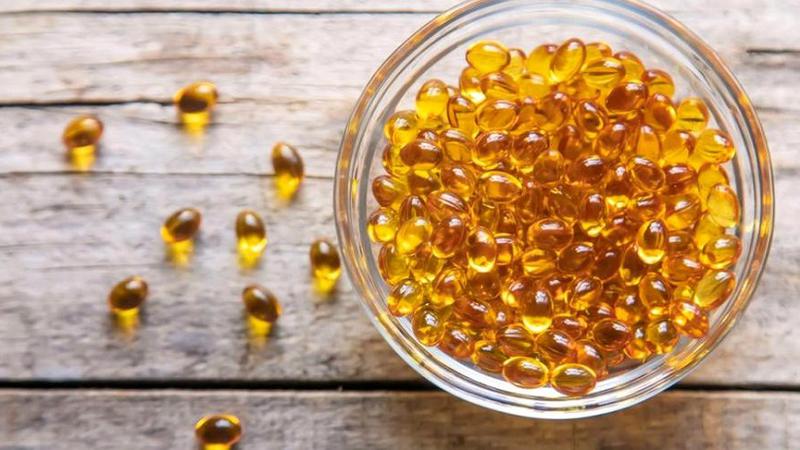“The French agricultural waste recycling sector is one of the most efficient in the world”, welcomes Christophe Grison, farmer in Oise and president of Adivalor. This collective non-profit organization has been managing the collection and recycling of agro-supply waste for twenty years. Today, 300,000 farmers In this way, they sort out films, strings, irrigation ducts, packaging for seeds, fertilizers, pesticides, hygiene, etc. on their farm.
This waste is sorted at 7,000 collection sites, in conjunction with 1,300 distributors. 350 manufacturers contribute to the financing by including the cost of the end of life in the purchase price of the product via an eco-contribution. “We reach recycling rates in 2020 of 72%, counting everything that is put on the market for agriculture, against 25% for household packaging. Farmers can be proud. “
85,000 tonnes collected
In 2020, the health crisis complicated the management of the peak collection, which takes place each year in May-June, following the use of inputs. Mountains of products had to be stored until the fall. Logistics costs have also jumped. The eco-contributions had to be increased.
“We have shown resilience and solidarity”, underlines Pierre de Lépinau, director of Adivalor, who speaks of a “Great satisfaction: we have managed to organize all the collections and there are even records. ” 85,000 tonnes of agricultural waste were collected, sorted and processed in France (+ 5,000 tonnes in one year).
Turnover: around 22 million euros (+ 2 million). “The quantities are increasing, while we are in a context of declining use of inputs. This clearly reflects a stronger commitment from fundraising. “
300,000 sorter farmers participate in collection and recycling. © Ouest-France
Today, nearly 90% of the packaging and plastics collected are recycled. Their second life? They become construction elements, garbage bags, street furniture… Hazardous elements, such as pesticide packaging, which cannot be used, are disposed of in specialized facilities.
100% recycling in 2030
This represents 60,000 tonnes of CO2 avoided. “We are aiming for 100% recycled content by 2030”, announces Pierre de Lépinau. To achieve this, Adivalor wants to improve collections in the least performing areas: “We can still do better in the south of France, in Brittany and in Normandy. “
An awareness plan is underway in these regions to mobilize farmers and distributors more strongly.
In the next two years, research should also lead to the recycling of categories of products that are very difficult to process today. And therefore wasted. This is the case with mulch films “Soiled by water, earth and plants” and round bale nets (used for straw or hay). “We will then have recycling solutions for all the plastics collected. “
On January 15, Adivalor’s framework agreement was extended for the period 2021-2023 with the Minister of Ecological Transition, Barbara Pompili. Among the orientations: developing eco-design, eco-modulation (bonus-malus system), product reuse and supporting the relocation of recycling units.
Relocate recycling to France
The recycling crisis has continued since China has closed its borders to importing plastic waste from the West, three years ago. “We are experiencing a congestion in the recycling channels in Europe, reinforced by the Covid-19 crisis which has impacted two sectors using recycled plastics: the automobile and the building. ” The period reinforces the desire to relocate the recycling channels.
Calls for projects were launched in 2018 and 2019 to create three recycling units in France, representing a total capacity of over 30,000 tonnes of used packaging and plastics. These new units will concern films used in market gardening, nets used for packaging fodder and large bulk containers. big-bags (conditioning of seeds and fertilizers). Land exit planned by 2023.
– .


